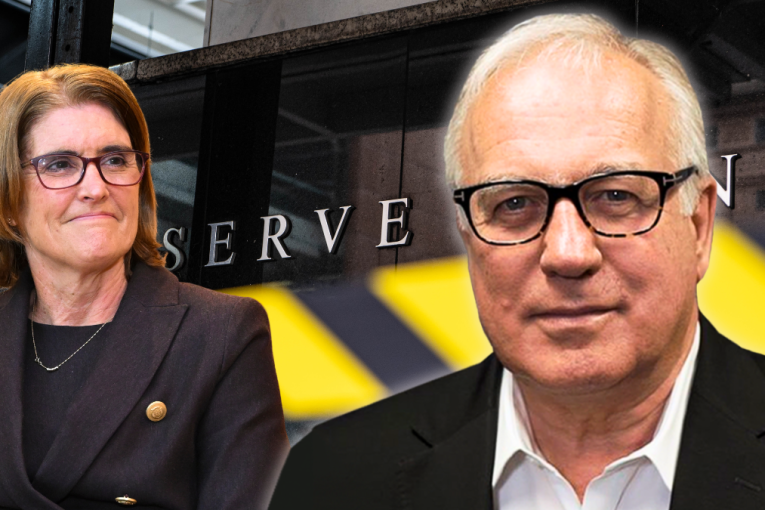Five things to consider before signing up for a car loan


If you are considering a car loan, you want to avoid the trap of owing more than the car is worth. Photo: Getty
One of the things that could trip you up when getting a car loan is not understanding how much it is really costing you.
If you take on debt to fund the purchase, it is important to have a good idea of how much your car is likely to be worth should you need to sell it before paying off the loan.
Carsales.com editor-in-chief Mike Sinclair said you should think about the car you need rather than the car you want, and pay cash if possible.
“The best finance is no finance,” he said.
But if you are considering a car loan, you want to avoid the trap of owing more than the car is worth.
“Ensure that you understand the true cost of the loan over its full term,” Sinclair said.
“No matter what car you buy – with some very, very rare exceptions – the moment you drive it away, it’s going to be worth less than what you paid for it, so you need to make sure that you’re not paying too much.”
So what factors should you consider before entering into a car loan?
1. Pre-approval
Sinclair said getting your finance pre-approved before you start shopping for a car will give you more bargaining power and help you keep your spending in check.
“You will know exactly how much you can spend and you’ll be aware of what your repayments are going to be,” he said.
2. Interest rates
You can usually get a car loan from your bank for about 6 to 8 per cent, which is much higher than the rate on a home loan, for example.
“A lot of people will put a car on their home loan, which is great if you are disciplined enough to then pay off the car at an accelerated rate and not just let it sit on the home loan,” Sinclair said.
“What you can then end up doing is paying a very low interest rate but for a very long period of time.”
3. Bank or dealership
When it comes to car dealers, in most cases they are acting as a reseller of finance and are making a cut.
Sinclair said interest rates can be low on some dealer financing options because the manufacturers partially fund the finance to get the car sold.
“It’s not always the cheapest to go to a bank. But if you have got a relationship with a financier, chances are you will get a better deal with them than just walking up [to a car dealer] and saying ‘I want that car, what finance options have you got?’” he said.
4. Balloon payments
One way you can keep your repayments low is to opt for a balloon payment, which is a lump sum you pay at the end of the loan term that can be worth up to half the purchase price.
It can help keep your repayments low because you are only charged interest on part of the principal.
But you need to remember the value of your car will depreciate over time.
“There are a couple of traps for young players there [with balloon payments]; you want to make sure that the car is worth more than the balloon at the other end, and that’s not a given,” Sinclair said.
5. Term
Most car loans are three to five years and it’s wise to go for one where you won’t be charged penalties if you pay it off sooner.
“[It also] gives you that flexibility if you need to exit the car or there is a write-off and you need to pay out the loan then you’re not paying those additional fees,” Sinclair said.
It is also a good idea to pay any fees associated with the loan in cash upfront, so you can keep your repayments as low as possible.








